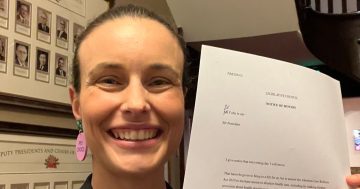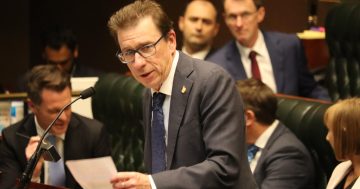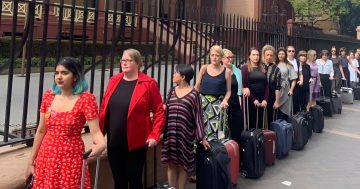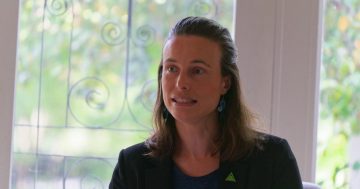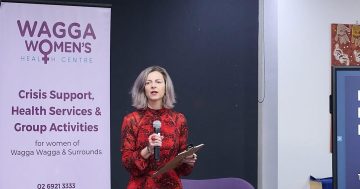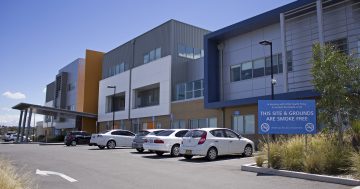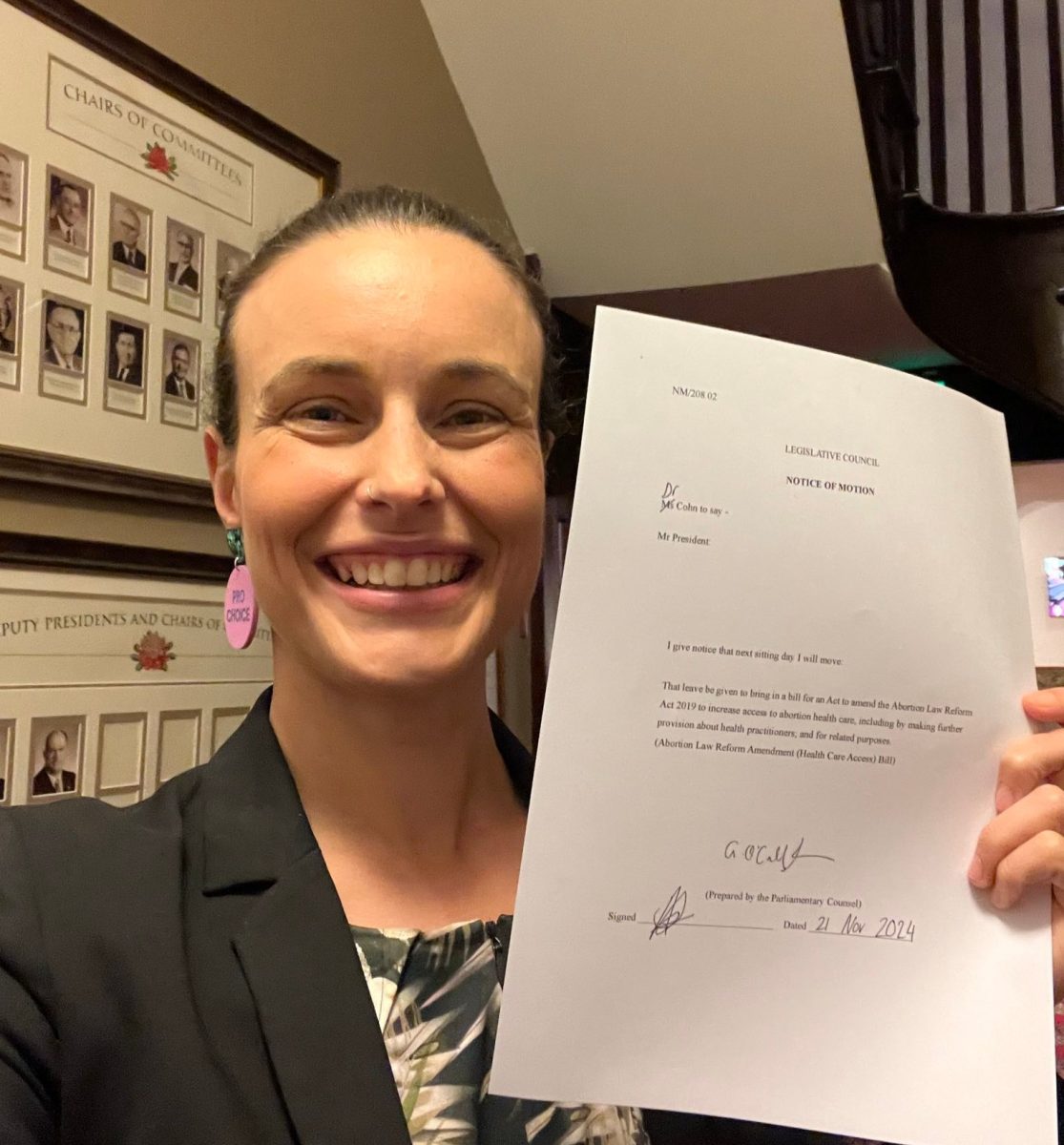
Dr Amanda Cohn’s bill was passed in an amended form after a long debate. Photo: Facebook.
A bill to expand abortion access in NSW has passed the Upper House, but key provisions have been removed.
Dr Amanda Cohn, an Albury-based GP and Greens MP, introduced legislation to address the fact that abortion was still unavailable in much of the state, six years after the procedure was decriminalised.
A Region investigation has found that pregnancy termination is very difficult to access in rural areas such as the Riverina, with some women having to travel up to four hours and cross state borders into the ACT and Victoria to have the procedure.
Making abortion easier to access
At present, only medical practitioners such as GPs can administer pregnancy terminations. A provision in Dr Cohn’s bill to allow nurse practitioners and endorsed midwives to also prescribe medical abortion care passed the Upper House. It will now need to pass in the Lower House to become law.
However, Dr Cohn’s proposal requiring the health minister to ensure that abortion is accessible a ‘reasonable distance’ from all women’s homes across NSW was struck out by a majority of Upper House MPs, who also scuppered her attempt to oblige practitioners who object to abortion on moral grounds to refer their patient to someone else.
Nevertheless, the Albury GP celebrated the passing of her amended bill as an “historic” achievement.
“Advocates for women’s rights and reproductive rights across NSW and Australia have been anxious that our hard-fought and hard-won rights might be eroded. We only have to look to the US, where abortion bans in several states have resulted in preventable deaths to women from pregnancy complications where an abortion would have saved their life,” she said.
Divided parliament debates the issue
Labor and Coalition MPs usually vote as a bloc along party lines on legislation, but on this issue their leaders gave them the right to have a ‘conscience’ vote. Some expressed support for the bill, some opposed it entirely and others objected to certain provisions.
Sydney-based Liberal MP Susan Carter opposed the bill, saying it was unnecessary.
“I can find no evidence that abortion is particularly hard to access in parts of NSW or comes with more onerous access barriers than many other medical procedures,” she said.
“We need to be sure that we are not voting for a bill that fixes a problem that may not exist.”
Labor Finance Minister Courtney Houssos also voted against it, expressing her concern at the reasonable distance provision.
“I grew up in regional NSW and have spent large parts of my professional life working across our great state,” she said.
“In my inaugural speech I talked about the long distances people in country NSW travel for any number of reasons — it is part of life.
“The question of accessibility of health care, including the distance to travel, should be considered carefully by governments, but the legislative obligation of reasonable distance is not applied in any other area of health care, so I will not support that provision.”
In opposing the bill, Liberal MP Chris Rath expressed his disapproval of abortion in general.
“Calling it health care implies not only that it can be undertaken but that it should be undertaken. This is the terrible place I referred to earlier: a world where we return to the eugenics of the 20th century, intentionally targeting and killing babies with disabilities, or one where sex-selective abortions are commonplace, to the detriment of centuries of progress for women,” he said.
By contrast, Labor MP Cameron Murray expressed strong support for the bill.
“Abortion is health care. Health care is a human right. It is universal. It should be available when a person needs it, for free, regardless of where they live. That is what I believe the bill seeks to accomplish,” he said.
Liberal MP Jacqui Munro and Labor MP Dr Sarah Kaine also spoke in favour of the Greens legislation.
Griffith-born and Dubbo-based Labor MP Stephen Lawrence said while he supported the decriminalisation of abortion, he objected to the conscientious objector provision in Dr Cohn’s bill, which was eliminated.
“Casting an obligation to “transfer” a person creates an obligation on conscientious objectors that goes too far … it involves a degree of involvement and complicity that I do not think is fair to cast upon a conscientious objector.”
The provision was eliminated by a majority of MPs.
What comes next
The amended bill was passed 25 to 15 in the Upper House.
The legislation moves to the Legislative Assembly, where it will likely be debated next week, and if passed as expected, will become law.








